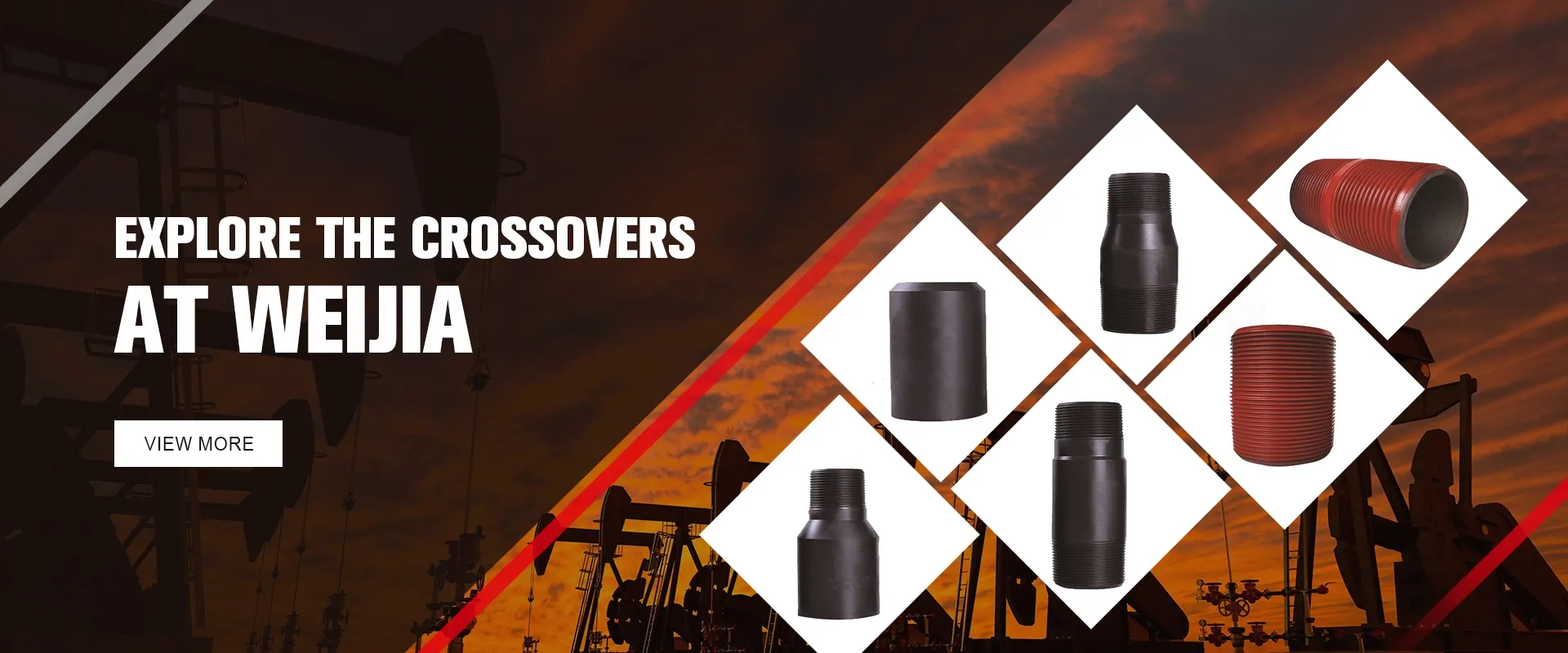- Afrikaans
- Albanian
- Amharic
- Arabic
- Armenian
- Azerbaijani
- Basque
- Belarusian
- Bengali
- Bosnian
- Bulgarian
- Catalan
- Cebuano
- Corsican
- Croatian
- Czech
- Danish
- Dutch
- English
- Esperanto
- Estonian
- Finnish
- French
- Frisian
- Galician
- Georgian
- German
- Greek
- Gujarati
- Haitian Creole
- hausa
- hawaiian
- Hebrew
- Hindi
- Miao
- Hungarian
- Icelandic
- igbo
- Indonesian
- irish
- Italian
- Japanese
- Javanese
- Kannada
- kazakh
- Khmer
- Rwandese
- Korean
- Kurdish
- Kyrgyz
- Lao
- Latin
- Latvian
- Lithuanian
- Luxembourgish
- Macedonian
- Malgashi
- Malay
- Malayalam
- Maltese
- Maori
- Marathi
- Mongolian
- Myanmar
- Nepali
- Norwegian
- Norwegian
- Occitan
- Pashto
- Persian
- Polish
- Portuguese
- Punjabi
- Romanian
- Russian
- Samoan
- Scottish Gaelic
- Serbian
- Sesotho
- Shona
- Sindhi
- Sinhala
- Slovak
- Slovenian
- Somali
- Spanish
- Sundanese
- Swahili
- Swedish
- Tagalog
- Tajik
- Tamil
- Tatar
- Telugu
- Thai
- Turkish
- Turkmen
- Ukrainian
- Urdu
- Uighur
- Uzbek
- Vietnamese
- Welsh
- Bantu
- Yiddish
- Yoruba
- Zulu
well casing coupler
Understanding Well Casing Couplers An Essential Component in Drilling Operations
In the realm of oil and gas exploration, the efficiency of a drilling operation heavily depends on the integrity and functionality of various components involved. One such crucial component is the well casing coupler. This device plays a pivotal role in ensuring that the entire drilling assembly operates smoothly and safely, facilitating the extraction of resources from the earth’s subsurface.
A well casing coupler is a specialized coupling device designed to connect two sections of casing pipe in a well. Casing is a series of pipes that line the boreholes drilled into the ground, providing support to the walls of the well and preventing collapses. The casings also create a barrier between the well and the surrounding formations, protecting groundwater and maintaining the integrity of the wellbore.
The coupler itself is a robust metal piece typically made from durable materials such as carbon steel or stainless steel, engineered to withstand high pressures and corrosive environments. Its primary function is to ensure a secure and leak-proof connection between the segments of casing. A well-designed coupler minimizes the risk of blowouts, which can occur if gas or fluids escape from the well due to a failure in the casing connection.
Installation of well casing couplers involves a specific set of procedures that ensure the integrity and safety of the well. The couplers are usually threaded or welded onto the ends of the casing pipes, allowing for a tight fit. Proper alignment is crucial during installation, as any misalignment can lead to weak points that may compromise the entire structure. After installation, the couplers are often subjected to pressure tests to verify their strength and seal.
well casing coupler

There are different types of well casing couplers available, each designed for specific applications. For instance, some couplers are intended for use in high-pressure environments, while others may be suitable for environments with corrosive substances. The selection of the appropriate coupler is vital, and it should be tailored to the specific conditions of the drilling site. Factors such as temperature, pressure, and the chemical composition of the surrounding formations play significant roles in determining the right choice of coupler.
The importance of well casing couplers extends beyond mere connection. A well-functioning coupler contributes to the overall efficiency of the drilling process. It helps to reduce downtime caused by leaks or failures, ultimately leading to lower operational costs. Moreover, the integrity of the coupler can also influence the lifespan of the well itself. A strong coupler can ensure the longevity of the casing and the overall wellbore, providing a stable platform for continued drilling and extraction operations.
Furthermore, technological advancements have led to the development of specialized couplers that incorporate features such as anti-corrosive coatings and enhanced sealing mechanisms. These innovations are particularly important in challenging environments where traditional materials may fail. The trend toward more durable and high-performance couplers reflects the industry's commitment to safety and efficiency.
In conclusion, well casing couplers are indispensable in the drilling industry. They not only connect sections of casing but also ensure the safety and efficiency of drilling operations. Understanding the significance of these components helps industry professionals make informed decisions regarding their use, ultimately leading to safer and more productive resource extraction. As drilling technology continues to evolve, so too will the design and functionality of well casing couplers, enhancing their role in future exploration endeavors.
-
Tubing Pup Joints: Essential Components for Oil and Gas OperationsNewsJul.10,2025
-
Pup Joints: Essential Components for Reliable Drilling OperationsNewsJul.10,2025
-
Pipe Couplings: Connecting Your World EfficientlyNewsJul.10,2025
-
Mastering Oilfield Operations with Quality Tubing and CasingNewsJul.10,2025
-
High-Quality Casing Couplings for Every NeedNewsJul.10,2025
-
Boost Your Drilling Efficiency with Premium Crossover Tools & Seating NipplesNewsJul.10,2025







